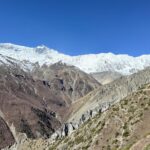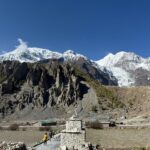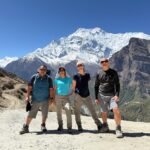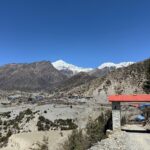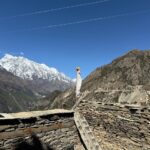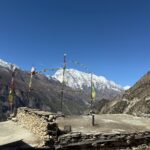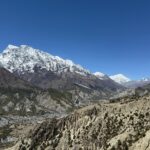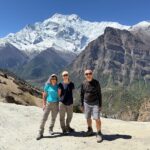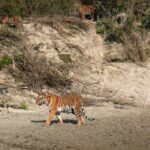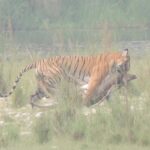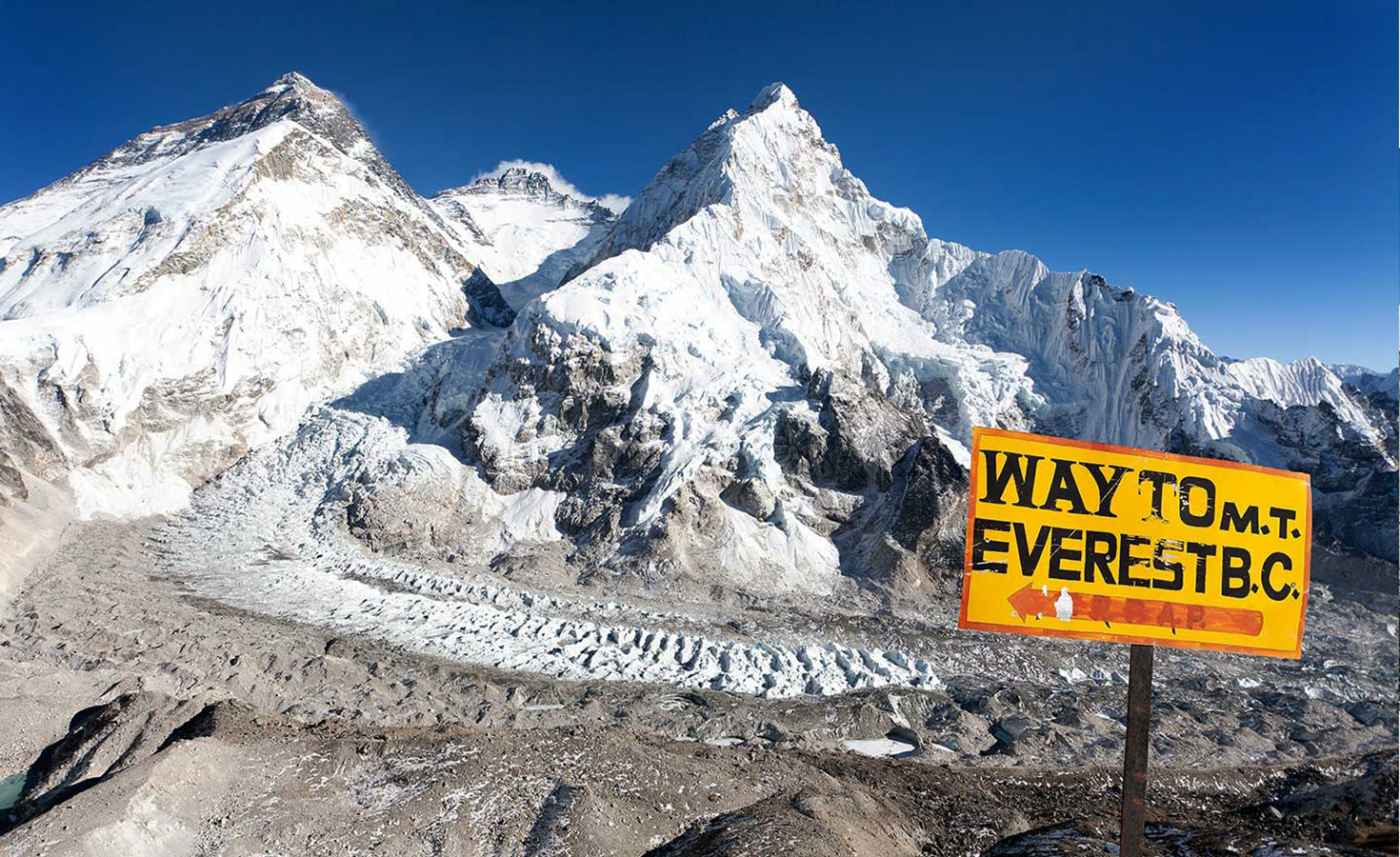
Budget Planning for Everest Base Camp Trek
Budget Planning for Everest Base Camp Trek: Plan for permits, flights, accommodation, food, guides, porters, gear, and daily expenses to ensure a smooth and enjoyable journey.
The Everest Base Camp trek is a famous adventure that leads trekkers deep into the Himalayas, right to the base of Mount Everest, the tallest mountain in the world. This remarkable journey showcases breathtaking views of snow-covered peaks, glaciers, and charming Sherpa villages.
If you’re considering a trek to Everest Base Camp, it’s essential to budget your expenses wisely. While access is convenient, it also comes with numerous temptations regarding food, drinks, and amenities—often at higher prices.
This guide clarifies the costs associated with this trek. We’ve categorized the expenses into the following sections for each trek: travel, accommodation, food, drinking water, Wi-Fi and charging, SIM cards, guides/porters, and trek permits.
Planning your travel
Lukla serves as the starting point for the Everest Base Camp trek. To get there, you must first travel to Kathmandu. During the trekking season, direct flights to Lukla are often unavailable.
You’ll need to travel by road to Ramechhap and then take a flight to Lukla.
Start your journey at midnight. It takes about 5-6 hours to reach Ramechhap, so aim to arrive at the airport by 6 AM.
The cab fare will be around US$ 25 per person, typically in a van that accommodates 8-9 passengers.
It’s common for flights between Ramechhap and Lukla to be canceled or rescheduled, so it’s wise to allow a couple of extra days before booking your onward travel.
Also, remember to book your return flight from Lukla to Ramechhap.
If you are interested in Everest Base Camp trek by road, it is also possible.
Tip: Don’t hesitate to change your return flight to Ramechhap if you finish your trek sooner than expected. Due to the unpredictable weather, airlines usually don’t charge for rescheduling.
Accommodation
You will stay in tea houses during the Everest Base Camp trek. These are cozy lodges that can host around 20-30 trekkers. Fresh meals are offered in all tea houses.
A room in a tea house costs NPR 1500 per day. At higher elevations, the price can rise to NPR 2,000 if demand is particularly high. As you can see, room rates are quite reasonable. However, you are required to have your meals at the same place where you are staying, especially dinner on the night of your arrival and breakfast the next morning.
Tip: Ask the owner of the tea house where you start to help you book a room at your next stop. Sharing a room can help reduce costs.
Food
Food is likely the most significant expense during your trek in Nepal. You can find everything from sandwiches to dal-bhat, pizzas, and desserts in the tea houses, but they all come with a price.
Here’s a breakdown of meal costs in different locations:
In Lukla, you can expect to pay NPR 800 per meal, bringing your daily food cost to about NPR 2,000.
In Namche Bazaar, meals will cost around NPR 950 each, totaling about NPR 2,500 for the day.
However, in Gorakshep, meals can go up to NPR 1,500 each, leading to a daily cost of NPR 4,500.
The meals mentioned here are basic dal-bhat. If you opt for other dishes, the prices will increase accordingly. These tea houses offer a diverse range of food.
Tip: Stick to dal-bhat for your main meals. It’s nutritious, and the portions are unlimited. Bring along plenty of nuts and dried fruits to avoid paying for overpriced snacks.
Drinking Water
Tap water is safe to drink at all tea houses, except for Gorakshep. Here, you’ll need to buy drinking water for NPR 500 per litre, as the local water is not clean.
Tip: If you have a water purifying bottle, bring it to Gorakshep to avoid the cost of buying drinking water.
Wifi and charging
From Phakding onwards, tea houses will start charging for electricity. The cost to use charging points ranges from NPR 300 to 600, depending on the device. Charging a mobile will cost you NPR 300, while fully charging a power bank will be NPR 500. Each tea house will display a chart with the rates, which tend to increase as you ascend.
Tea houses also charge for wifi. At Lobuche, a full day of wifi access costs NPR 1,200, and for two days, it’s NPR 1,800.
Tip: In Namche Bazaar, some restaurants offer free wifi if you dine there. Make sure to finish all your calls and messages before leaving.
SIM Cards
You can buy a local NCell SIM card for NPR 500 and recharge it for phone calls. Approximately 30 minutes of talk time to India will cost around NPR 50. The network is available up to Dole, which trekkers typically reach on the fourth day.
Trek permits
To trek to Everest Base Camp, you need two permits.
Khumbu Pasang Lhamu Rural Municipality Entry Permit: This local permit is necessary to enter the Khumbu region, often referred to as the trek permit. It costs NPR 2,000.
The second permit is
Sagarmatha National Park Entry Permit: Since you’ll be trekking inside this National Park, a UNESCO World Heritage site, the entry fee is NPR 1,500 for SAARC Nationals.
Citizens of SAARC countries can obtain this permit from Monjo, which is near the entrance of Sagarmatha National Park. You can stop by after reaching Phakding from Lukla. Other nationals can get their permits in Kathmandu.
Guide and Porter
You can hire a guide and a porter before starting your trek, either in Kathmandu or Lukla. Guides typically charge NPR 2,700 per day, while porters charge NPR 2,000 per day.
If you choose to hire a guide or porter after arriving in Lukla, it’s best to ask around at local hotels to find someone.
Keep in mind that if you hire guides and porters, they will expect a generous tip at the end of your trek, as tipping is a significant part of the culture in this region.
How much cash should you bring for the Everest Base Camp trek?
In larger cities like Kathmandu, most places accept Visa and Mastercard credit and debit cards. However, once you start your trek, all payments must be made in cash, as tea houses do not accept cards.
International debit cards can be used in Nepal at select ATMs. Visa, Visa Electron, Plus, MasterCard, Maestro, and Cirrus international debit cards work at SBI ATMs. Additionally, Visa, Cirrus, and Union Pay debit cards are accepted at Siddhartha Bank ATMs, while SCT and Visa cards work at Everest Bank ATMs.
The fees for withdrawing cash can vary by bank. You can also use your credit card to withdraw money from ATMs, but this can be quite costly, with a fee of NPR 500 for each transaction. Therefore, it’s advisable to carry enough cash with you.
For the EBC Classic Trek, which lasts 12 days, you should budget at least NPR 5,000 per day on average just for food. If you include other expenses like a SIM card, electronic charging, drinking water, and so on, this amount may increase. When you also consider the costs for trek permits and extra cash for emergencies, you should plan to bring at least NPR 70,000 to 80,000 in cash. This amount will be higher if you decide to hire a guide or porter, so plan accordingly.
If you are going with a local trekking agency, they will handle your stay, permits, and guide charges.
Additionally, remember to budget for at least two extra days in case of bad weather.
We hope these budgeting tips are helpful as you prepare for your trek.

